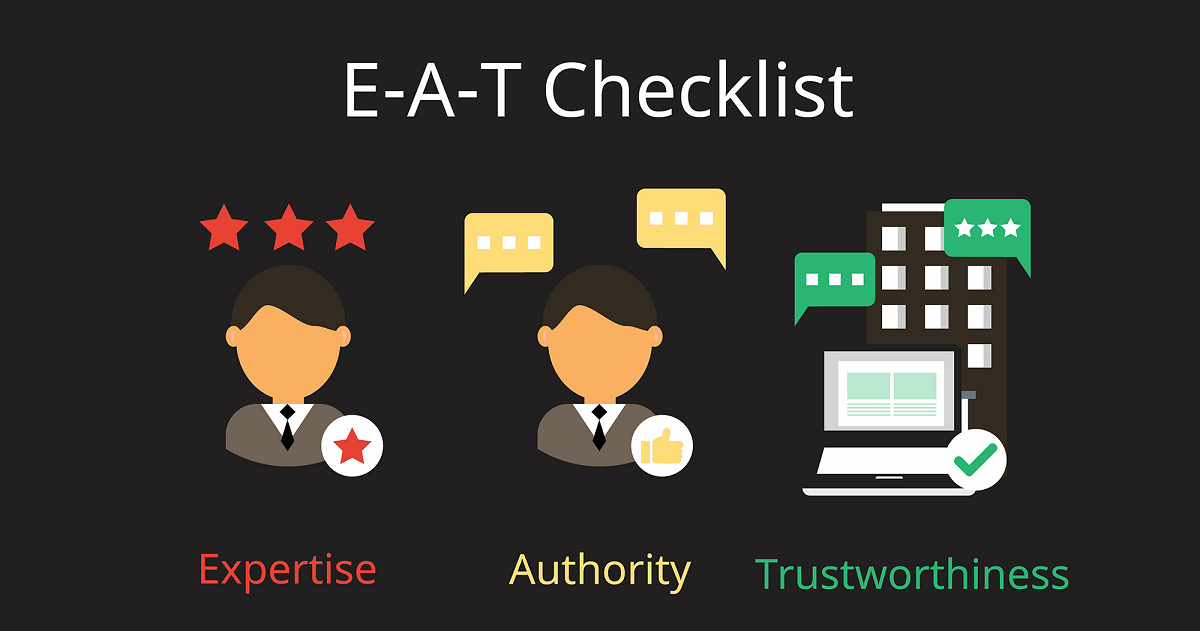BLOG
How Content Marketing Drives Online Success

Digital marketing has undergone a seismic shift, with content marketing emerging as the linchpin for online success. In the dynamic realm of the internet, businesses and brands navigate a landscape where relevance and visibility are paramount. Enter
content marketing – the strategic key to digital domination. In this exploration, we unravel the intricate tapestry of how
content marketing propels online success, delving into its foundations, strategic nuances, and pivotal role in shaping the narrative of brands in the digital age. Welcome to the world where content reigns supreme and success is woven through strategic storytelling - this is how content marketing drives online success.
The Foundations of Content Marketing
Understanding content marketing involves recognizing its dynamic definition and expansive scope in the digital landscape. Content marketing is a strategic approach focused on creating, distributing, and promoting valuable and relevant content to attract and engage a target audience. It goes beyond traditional advertising by fostering relationships and building trust through informative and entertaining content.
The scope encompasses diverse formats such as blog posts, videos, and social media posts. As the digital ecosystem evolves, understanding the nuanced definition and extensive reach of content marketing becomes paramount for businesses seeking to leverage this powerful strategy in connecting with their audience and achieving online success.
Evolution in the Digital Landscape
The evolution of content marketing within the digital landscape reflects a transformative journey shaped by technological advancements, changing consumer behaviors, and emerging communication platforms. In its nascent stages, content marketing primarily revolved around written content. However, the proliferation of multimedia and interactive technologies has expanded its horizons. The rise of social media, mobile devices, and artificial intelligence has further revolutionized content dissemination, offering new avenues for engagement.
Businesses now navigate an intricate digital terrain where personalized content, real-time interactions, and immersive experiences are integral. Understanding this evolution is paramount for crafting content strategies that resonate with modern audiences and leverage the ever-evolving tools and platforms available in the digital marketing realm.
Core Components
The core components of content marketing encompass a strategic framework designed to engage, inform, and build relationships with the target audience. Here are five essential components:
- Content Strategy: A robust content strategy aligns content creation with business objectives and delineates the roadmap for reaching and resonating with the target audience. The compass guides content creation, distribution, and management purposefully and cohesively.
- Content Creation: Serving as the heartbeat of content marketing, content creation involves crafting material beyond information—creating an immersive experience. From blog posts to videos, the diversity of formats ensures a comprehensive approach to consistently engaging the target audience with valuable and relevant content.
- Content Distribution: Beyond creation lies the critical task of content distribution, where strategic dissemination ensures content reaches the right audience. Whether through social media, email, or other platforms, effective distribution maximizes visibility, engagement, and impact, creating touchpoints that resonate with the audience.
- Audience Engagement: A successful content marketing strategy hinges on active audience engagement. Responding to comments, cultivating social shares, and fostering community participation create a two-way dialogue. This interaction not only builds brand loyalty but also refines content based on real-time feedback.
- Performance Analysis and Optimization: The crux of continuous improvement in content marketing lies in performance analysis and optimization. Regularly scrutinizing KPIs provides actionable insights, enabling businesses to adapt and refine their strategies. This iterative process ensures that content efforts remain adaptive, relevant, and aligned with overarching business goals.
The Role of Content Marketing in Online Success
The role of content marketing in online success is multifaceted, playing a pivotal role in shaping the digital landscape.
- Building Brand Awareness: Content marketing is a potent tool for establishing and enhancing brand visibility. By consistently delivering valuable and relevant content, businesses can carve a distinct identity, making their presence felt in an increasingly crowded online space.
- Driving Website Traffic: A well-executed content strategy drives organic traffic to a website. By optimizing content for search engines (SEO) and strategically utilizing social media, content marketing is a magnet, attracting a qualified audience to explore products or services.
- Establishing Thought Leadership: Through insightful and authoritative content, businesses can position themselves as thought leaders within their industry. This enhances credibility and fosters trust, making customers more likely to choose a brand with expertise.
- Fostering Customer Engagement: Engaging content invites interaction and participation. Whether through comments on blog posts, social media shares, or interactive content, a robust content marketing strategy encourages customers to become active participants, strengthening the bond between brand and audience.
- Driving Conversions: Content marketing isn't just about visibility but influencing consumer behavior. When strategically aligned with the buyer's journey, high-quality content guides potential customers through the sales funnel, ultimately driving conversions and contributing to the bottom line.
Content Marketing Strategies
Effective content marketing strategies are essential for businesses aiming to cut through the digital noise and resonate with their target audience. Here are key strategies:
- Audience-Centric Approach: Tailoring content to meet the specific needs and interests of the target audience is paramount. Understanding the audience's demographics, preferences, and pain points enables businesses to create content that captures attention and adds significant value to the consumers.
- Diversified Content Formats: A successful content marketing strategy embraces diversity in content formats. This includes blog posts, infographics, videos, podcasts, and interactive content. Diversification caters to varying audience preferences and enhances the overall user experience, keeping the content fresh and engaging.
- Consistent Publishing Schedule: Regular and consistent content publishing is crucial for maintaining audience engagement. Establishing a reliable publishing schedule helps build anticipation and reliability, keeping the audience hooked and returning for fresh insights. Consistency also plays a pivotal role in search engine optimization, enhancing the visibility of the content.
- Storytelling for Emotional Connection: Incorporating storytelling into content creates an emotional connection with the audience. Stories have a unique ability to evoke emotions, making the content more memorable and relatable. Whether through customer testimonials, brand narratives, or case studies, storytelling humanizes the brand and fosters a deeper connection with the audience.
- Data-Driven Optimization: Analyzing data and key performance indicators (KPIs) is fundamental for refining content strategies. By understanding what resonates with the audience, businesses can optimize their content for better engagement, improved conversion rates, and enhanced overall effectiveness. Tools like Google Analytics and social media insights provide valuable data for ongoing content decisions.
Measuring Content Marketing Success
Measuring content marketing success is imperative for businesses seeking to refine strategies, allocate resources effectively, and demonstrate the impact of their efforts. Key performance indicators (KPIs) serve as metrics to evaluate the effectiveness of content marketing initiatives.
- Website Traffic: Monitoring the volume and quality of website traffic is a fundamental KPI. Tools like Google Analytics provide insights into the number of visitors, their sources, and the pages they engage with, helping businesses understand the reach and impact of their content.
- Social Media Engagement: Social media platforms offer a wealth of data to measure content performance. Metrics such as likes, shares, comments, and click-through rates provide valuable insights into audience engagement. A high level of interaction indicates that the content resonates with the target audience.
- Conversion Rates: Conversions, whether in sign-ups, downloads, or purchases, are critical indicators of content effectiveness. Monitoring conversion rates helps businesses assess how well their content guides users through the buyer's journey, from awareness to action.
- Brand Mentions and Sentiment: Tracking brand mentions across online platforms and assessing sentiment provides qualitative insights into brand perception. Positive mentions and sentiments indicate that the content reaches the audience and leaves a favorable impression.
- Return on Investment (ROI): Understanding the financial impact of content marketing is essential. Calculating the ROI involves measuring the revenue generated against the costs incurred in content creation and distribution. This metric helps businesses determine the efficiency and profitability of their content marketing efforts.
Overcoming Struggles
The challenges in content marketing are integral to sustaining a successful digital presence. One prevalent hurdle is content saturation, where the online space is inundated with information, making it challenging for brands to stand out. To overcome this, businesses must prioritize niche targeting, tailoring content to specific audience segments for a more personalized impact.
Emphasizing quality over quantity is crucial to capture and retain audience attention amid the content deluge. Another obstacle involves staying abreast of trends, as emerging platforms and shifting consumer preferences demand constant adaptation. Businesses can effectively surmount these challenges by prioritizing agility, innovation, and a commitment to understanding their audience, ensuring their content remains relevant and impactful in an ever-evolving digital landscape.
Conclusion
Exploring content marketing as the strategic key to digital domination underscores its pivotal role in shaping online success. As businesses navigate the dynamic digital landscape, connecting, engaging, and resonating with audiences through well-crafted content becomes imperative. Content marketing builds brand visibility, fosters lasting relationships, drives website traffic, and influences consumer behavior.
To harness the full potential of content marketing for your business, consider partnering with Social Cali. Based in San Diego, Social Cali specializes in creating impactful content strategies tailored to your needs. For inquiries, contact us at 1-415-888-9561 or email sales@socialcali.com. Elevate your online presence with Social Cali's expertise in content marketing – where strategic excellence meets digital dominance.











